From the beginning, people have used waterways and the lands beside them in a variety of ways - for commerce and transportation, defense and warfare, work and play, food and shelter, and as part of their traditions and cultural identities.
The Maritime Heritage Program works to foster awareness and appreciation of the many roles waterways and their adjacent lands have played in our country's history. Through our staff's expertise in and assistance with maritime preservation we help to preserve and interpret historic maritime resources found on, under, and along our nation's waterways.

Allows historic light stations to be transferred at no cost to federal agencies, state and local governments, nonprofits, and others.
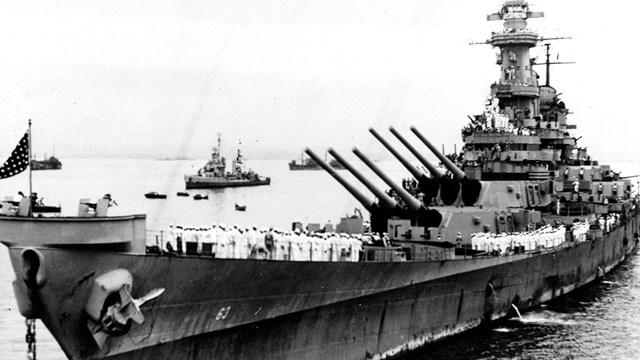
Inventories of historic ships, boats, lighthouses, light stations, and life-saving stations across the United States.
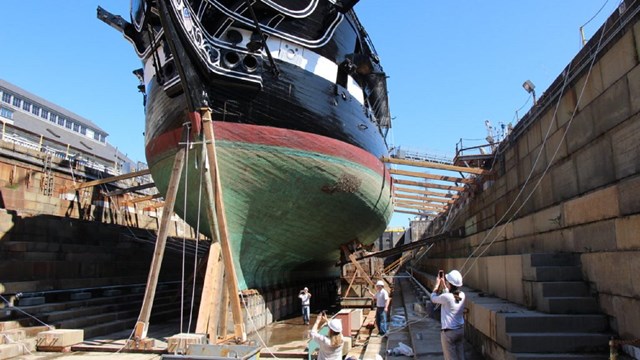
References and resources to help with maritime heritage preservation.
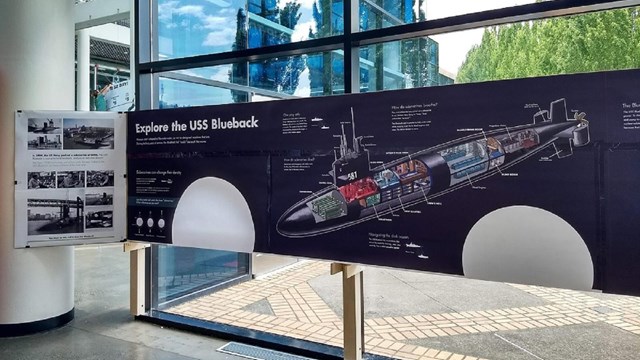
Funding for a wide range of maritime preservation and education projects to help preserve historic maritime resources.
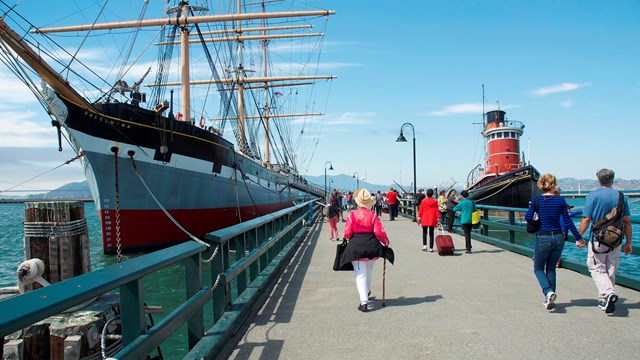
Visit one of our maritime national parks.
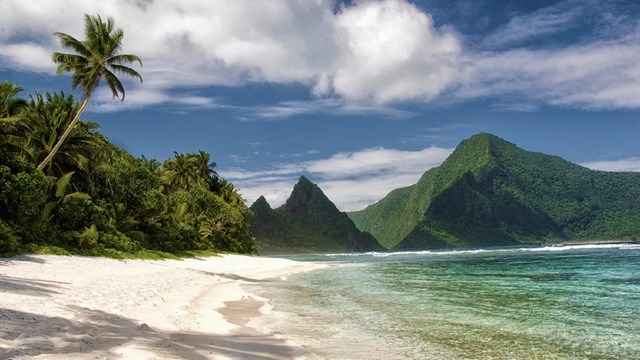
To learn more about maritime heritage visit the National Park Service's Maritime Heritage subject site.
Last updated: May 6, 2025
